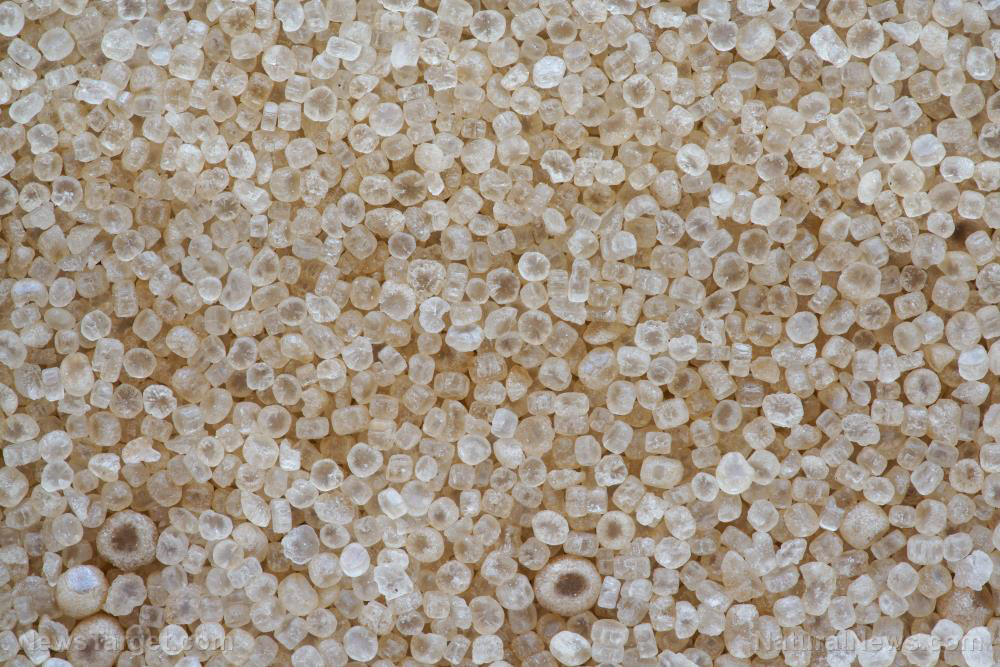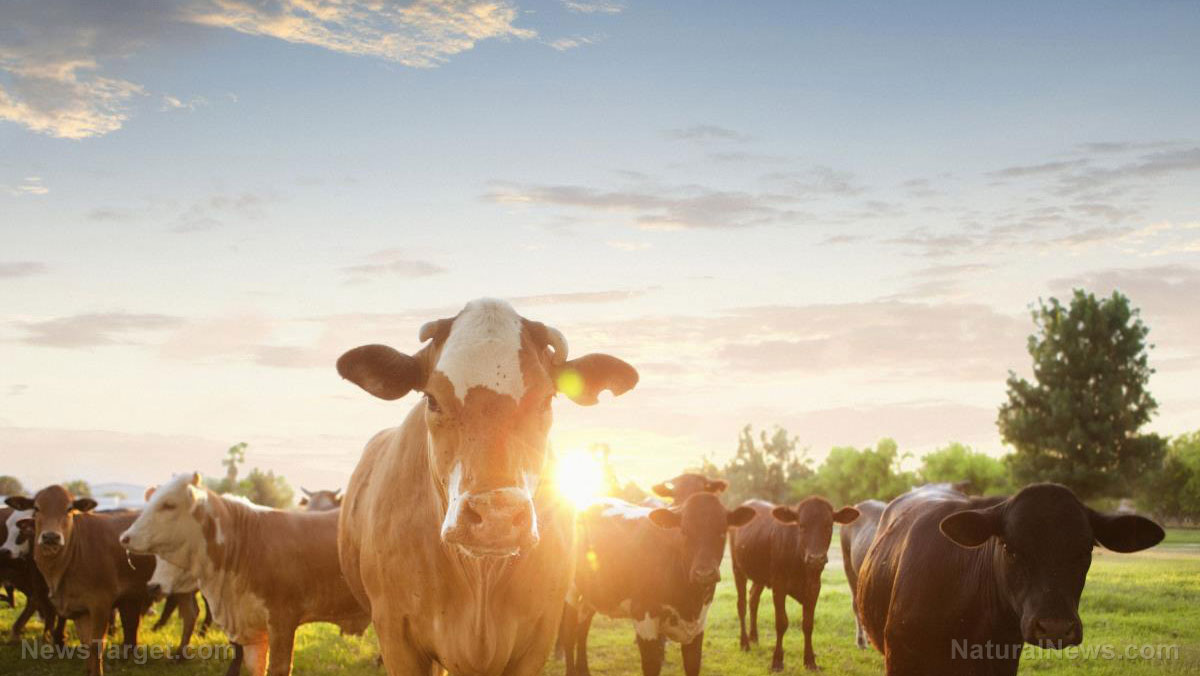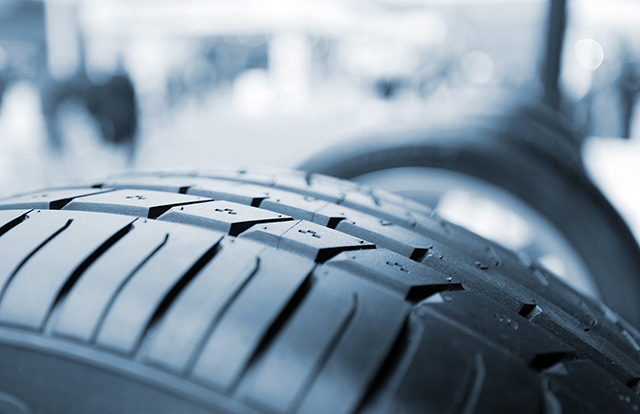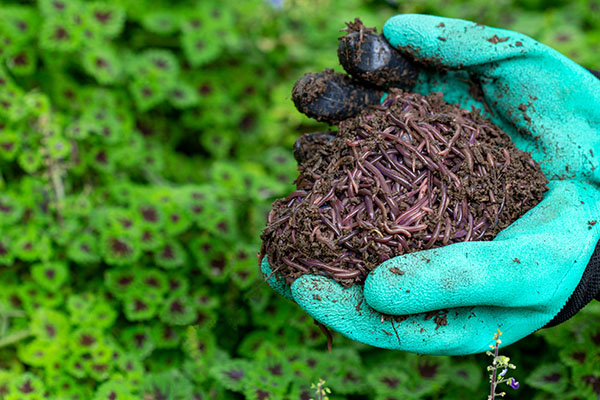
Dr. David Lewis, a former senior research microbiologist with the Environmental Protection Agency's (EPA) Office of Research and Development, warned that low-income neighborhoods are being targeted with the land application of sewage sludge, or biosolids.
"Economically and educationally disadvantaged communities lacked the political power and the economic capability of fighting it," said Lewis during a one-on-one interview with Mike Adams.
"In my experience, when it comes to deciding where the sewage sludge is going to be spread, it is predominantly White City Council's county officials that are deciding where it's going. It is not coincidental that it almost always ends up being in poor people's neighborhoods, African American communities, Hispanic communities, Native American reservations, that's where it's going. And those decisions are made by rich White people."
Adams smells something fishy with that practice. "It seems like they know that there's a risk to this. They know that there are adverse health effects. Wouldn't they want all this wonderful material for their own home gardens? Why are they deliberately pushing it to minority groups?"
For the uninitiated, sewage sludge is the residue resulting from the treatment of wastewater released from various sources, including homes, industries, medical facilities, street runoff and businesses. Meanwhile, a biosolid refers to the treated sewage sludge that meets the EPA pollutant and pathogen requirements for land application and surface disposal.
"When we flush the toilet, it goes down through the sewers to the local waste treatment plant. The solids that settle out, which are mostly human feces and food products, are called sludge or sewage sludge. Once it is minimally treated, it's called biosolid," Lewis explained.
"That's the legal term the EPA uses to describe sewage sludge that has been treated to reduce pathogens to a certain level. Then it can be applied on home gardens, school playgrounds, golf courses or whatever as a free or cheap fertilizer." (Related: Antibiotic-resistant genetic material found in biosludge spread on American farms, putting pathogenic genes on our food.)
Illnesses, deaths linked to agricultural use of processed sewage sludge
The EPA whistleblower noted that over half of the sewage sludge produced in the United States is applied in land.
Lewis, who worked for decades at the EPA, ran into trouble when he questioned the science behind the policy of allowing farmers to use sewage sludge from wastewater treatment plants as free fertilizer. Officials shut down Lewis' research when he began investigating illnesses and deaths linked to EPA programs promoting the agricultural use of processed sewage sludge.
He was eventually forced out from the agency because of his dissenting views on the subject.
Since that time he has compiled research supporting his claims that this practice can cause illness or death to consumers. His research prompted the Centers for Disease Control and Prevention (CDC) to issue guidelines protecting workers handling processed sewage sludge.
Kohn, Kohn and Colapinto has represented Lewis in his successful campaign to force the EPA to apply appropriate health and safety standards to land-applied sewage sludge. In 2002 the EPA Office of Inspector General validated many of Lewis' safety concerns.
Adams said many are not aware they're getting misled by the label. "Most people think that this sewage sludge is safe because it's labeled organic fertilizer. Now, this is an obvious deception. People think it is [U.S. Department of Agriculture] USDA-certified organic, like organic apples at the grocery store," Adams said.
Lewis agreed.
"It is very deceptive of the USDA to market such a product to consumers that they know are concerned about toxic chemicals. It is the universe of pollution in one product."
Watch the video below to know more about biosolids.
This video is from the Brighteon (official) channel on Brighteon.com.
Follow Biosludge.news for more news related to toxic waste.
Sources include:
Please contact us for more information.





















